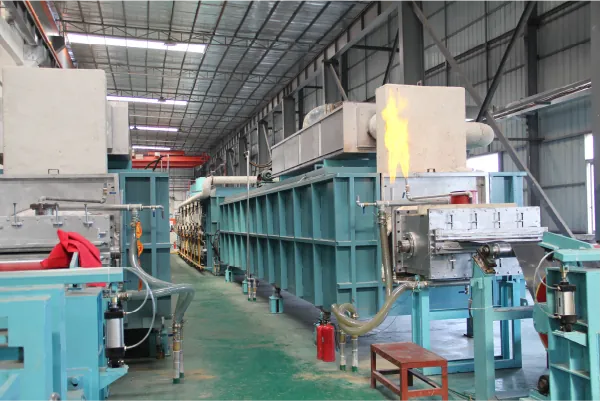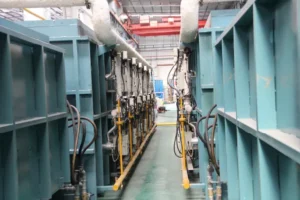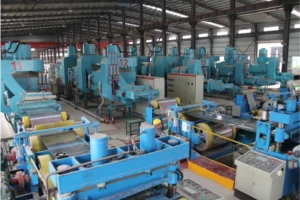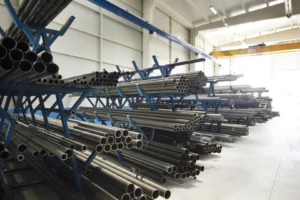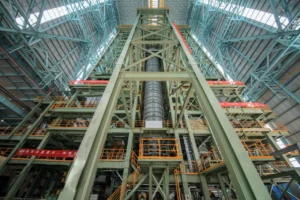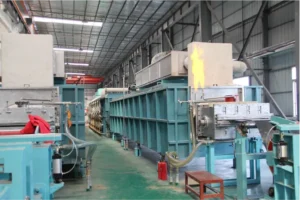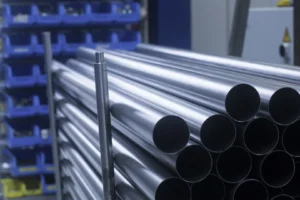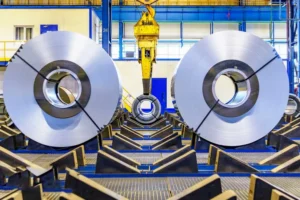Why Partnering with Reputable Stainless Steel Coil Suppliers is Key to a Stable Supply Chain
Production halted by a supplier delay? Unstable supply chains threaten your bottom line. Partnering with a reputable supplier is the solution for reliability and growth.
Partnering with reputable stainless steel coil suppliers is key because it mitigates risk, ensures consistent quality, and provides a buffer against market volatility. This strategic alliance builds a resilient supply chain, safeguarding production schedules and protecting your company's reputation and profitability.
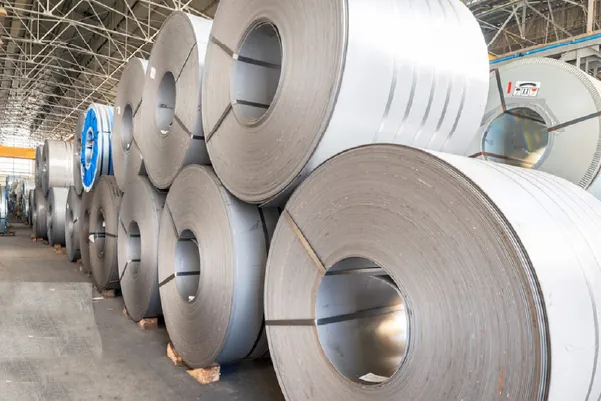
In my role as Global Business Director at MFY, I've seen firsthand how the right partnerships can make or break a business. This isn't just about finding a vendor; it's about building a strategic relationship that becomes a core competitive advantage. Let's break down why this relationship is so critical and how you can build one that lasts, ensuring your operations run smoothly no matter what the market throws at you.
Why is Understanding the Importance of Stainless Steel Coils in Supply Chain Management so Crucial?
Do you see coils as just another component? This view creates weak links. Understanding their foundational role is the first step to building a resilient supply chain.
Understanding the importance of stainless steel coils is crucial because they are the foundational raw material for countless products. Any disruption in their supply has a direct, cascading negative effect on production timelines, final product quality, and overall operational efficiency.
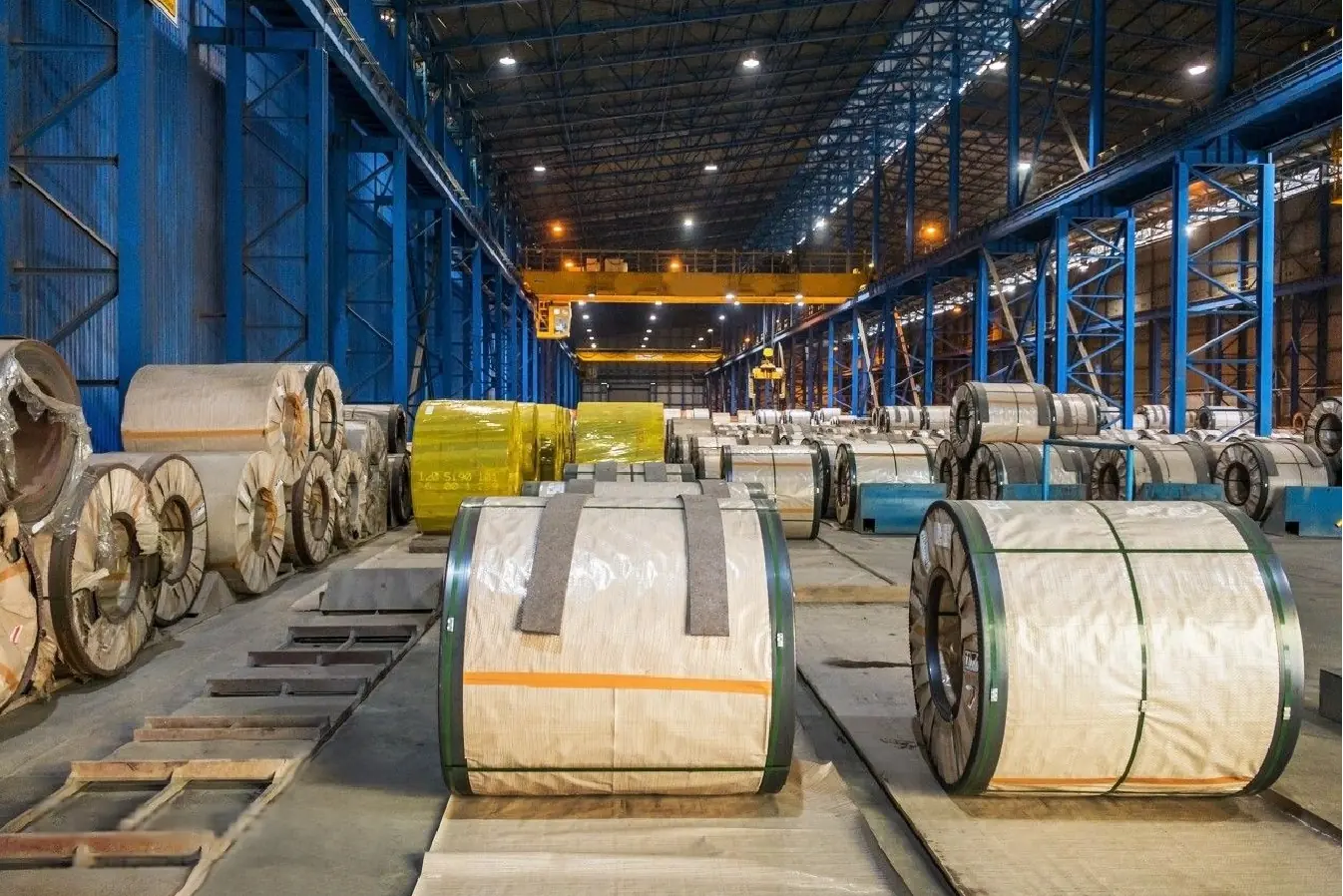
Stainless steel coils are not just a line item on a purchase order; they are the lifeblood of countless manufacturing operations. I remember a client in the automotive sector who, early on, treated all suppliers the same, focusing only on the lowest price. They learned a hard lesson when a batch of substandard coils arrived, causing microscopic fractures during the stamping process. The entire production line had to be halted for weeks, resulting in millions in losses and a damaged relationship with a major car manufacturer. This experience highlights a fundamental truth: the quality and reliability of your initial raw material dictate the quality and reliability of your final product. It’s a domino effect that starts long before the assembly line. At MFY, we see our role as more than just a supplier; we are the first link in our clients' value chain, and we take that responsibility very seriously.
The Quality Domino Effect
The integrity of a stainless steel coil impacts every subsequent stage of production. A seemingly small defect, like inconsistent thickness or poor surface finish, can lead to significant problems downstream. For instance, in the manufacturing of kitchen appliances, an inconsistent finish on a coil results in appliances that don't match, leading to high rejection rates. In construction, a coil that doesn't meet specific tensile strength[^1] requirements could compromise the structural integrity of a building component.
From Raw Material to Brand Reputation
Ultimately, the coil supplier you choose directly impacts your brand. A reliable supply of high-quality coils means you can consistently deliver excellent products to your customers. This builds trust and strengthens your market position. Conversely, an unreliable supply chain leads to broken promises and frustrated clients.
| Industry Sector | Impact of Low-Quality Coils | Consequence of Reliable Supply |
|---|---|---|
| Automotive | Component failure, production halts | Enhanced safety, brand trust |
| Construction | Structural integrity risks, project delays | Durability, on-time project completion |
| Appliances | Product recalls, poor aesthetics | Customer satisfaction, premium branding |
| Medical Devices | Sterilization issues, equipment failure | Patient safety, regulatory compliance |
What are the Current Trends in Stainless Steel Coil Sourcing and Supply Chain Dynamics?
Feeling the pressure of market shifts? Global volatility makes sourcing unpredictable. The trend is shifting from cost-focus to building resilient, strategic partnerships for long-term stability.
Current trends show a significant shift from purely cost-based sourcing to prioritizing supply chain resilience. This includes diversifying suppliers, near-shoring, and forming deep partnerships with suppliers who have robust logistics and transparent operations to navigate geopolitical and economic volatility.
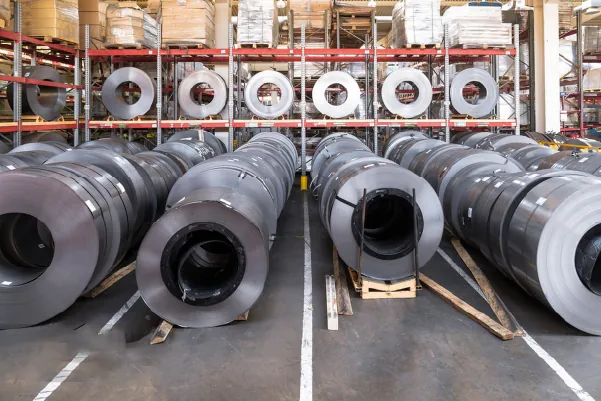
The world has changed. For years, the dominant strategy was "just-in-time" manufacturing, driven by minimizing inventory costs. But recent global events, from geopolitical tensions to fluctuating raw material prices, have exposed the fragility of that model. Today, the smartest companies are moving from a "just-in-time" to a "just-in-case" mindset. This isn't about stockpiling inventory indiscriminately; it's about building a supply chain that can absorb shocks. This is where a partnership with a fully integrated supplier like MFY becomes invaluable. Because we control large parts of our supply chain, from raw materials to logistics, we can offer a level of stability that a simple trader cannot. We help our clients build resilience by providing a reliable buffer against market volatility. The conversation has shifted from "Who is the cheapest?" to "Who is the most reliable partner for the long term?"
The Rise of Resilience over Cost
Cost will always be a factor, but it is no longer the only factor. Businesses now understand that the hidden costs of a disruption—downtime, lost sales, reputational damage—far outweigh the small savings from a cheaper, less reliable supplier. Resilience is the new ROI. This means looking for suppliers with strong financial backing, multiple production sites, and sophisticated logistics networks.
Geopolitical Impact on Sourcing
We are also seeing a strategic re-evaluation of global supply chains. Companies are looking to diversify their sourcing to avoid being over-reliant on a single region. This doesn't mean abandoning global partners, but rather building a more balanced and robust network. A strong partner in China, for example, remains critical for accessing a massive and efficient production base, but it must be a partner with proven export capabilities and a deep understanding of international compliance.
| Old Sourcing Strategy | New Sourcing Strategy |
|---|---|
| Lowest cost is primary driver | Reliability and resilience are key |
| Single-source dependency | Supplier diversification |
| "Just-in-time" inventory | "Just-in-case" planning |
| Transactional relationships | Strategic, long-term partnerships |
What Challenges do Businesses Face Without Reliable Steel Coil Suppliers?
Worried about sudden production stops? Unreliable suppliers cause constant crises. These challenges range from quality issues to complete shutdowns, directly impacting your profitability and reputation.
Without reliable suppliers, businesses face a cascade of challenges: production delays, inconsistent material quality leading to product defects, unpredictable cost fluctuations, and an inability to meet customer deadlines. This severely damages brand reputation and erodes market competitiveness.
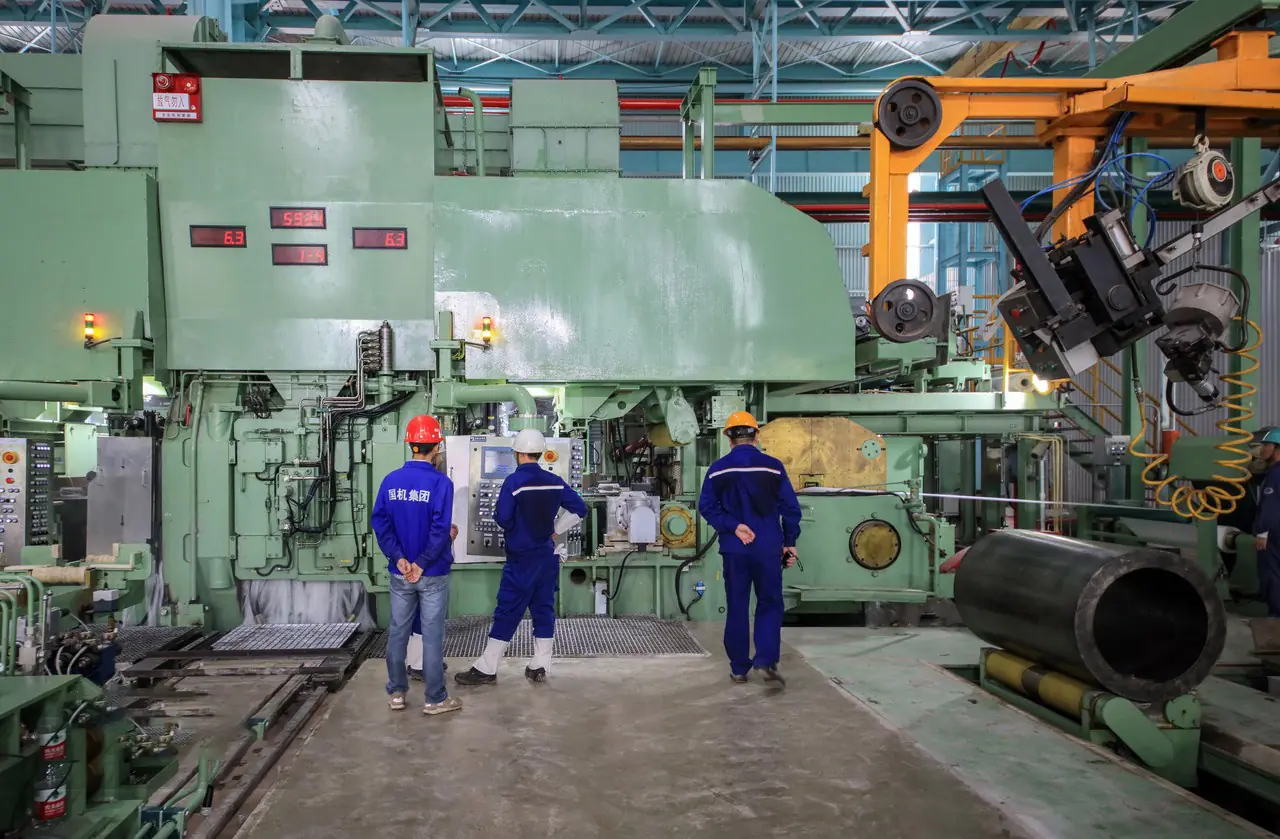
The consequences of a poor supplier relationship are not theoretical; they are painfully real. I spoke with a prospective client in India who ran a large-scale cookware manufacturing business. They were lured by an incredibly low price from a new, unvetted supplier. The first shipment was acceptable, but the second was a disaster. The coils had inconsistent thickness and chemical composition, causing their deep-drawing presses to jam and producing a high percentage of defective pots and pans. They lost a major retail contract because they couldn't fulfill the order on time. This is a classic example of what happens when the foundation of your supply chain is weak. The initial savings on the material were dwarfed by the costs of production downtime, wasted material, and, most importantly, lost business. It’s a firefighting mode no business can sustain.
The Financial Drain of Downtime
Every minute your production line is stopped, you are losing money. Unreliable deliveries or poor-quality materials are the most common culprits. A dependable supplier provides a predictable flow of quality-assured materials, allowing you to optimize production schedules and maximize output. This isn't just about avoiding losses; it's about creating a highly efficient and profitable operation.
Reputation on the Line
Your reputation is your most valuable asset. When you fail to deliver on time or your product quality drops, you are not just losing a single sale; you are eroding the trust you have built with your customers. A reliable supplier is a silent partner in upholding your brand promise. They deliver so you can deliver.
| Challenge | Direct Business Impact |
|---|---|
| Inconsistent Quality | Increased scrap rate, product recalls, rework costs |
| Late Deliveries | Production line stoppages, missed customer deadlines |
| Poor Communication | Inability to plan, wasted management time |
| Price Volatility | Unpredictable project costs, eroded profit margins |
What are the Best Strategies for Selecting Reputable Stainless Steel Coil Suppliers?
Unsure how to vet potential partners? Choosing the wrong supplier is a costly mistake. A structured evaluation process focusing on key criteria is the solution for success.
Effective strategies include conducting thorough due diligence on a supplier's track record, verifying quality certifications (like ISO 9001), assessing their financial stability and production capacity, and evaluating their communication and logistics infrastructure. A site visit or audit is highly recommended.
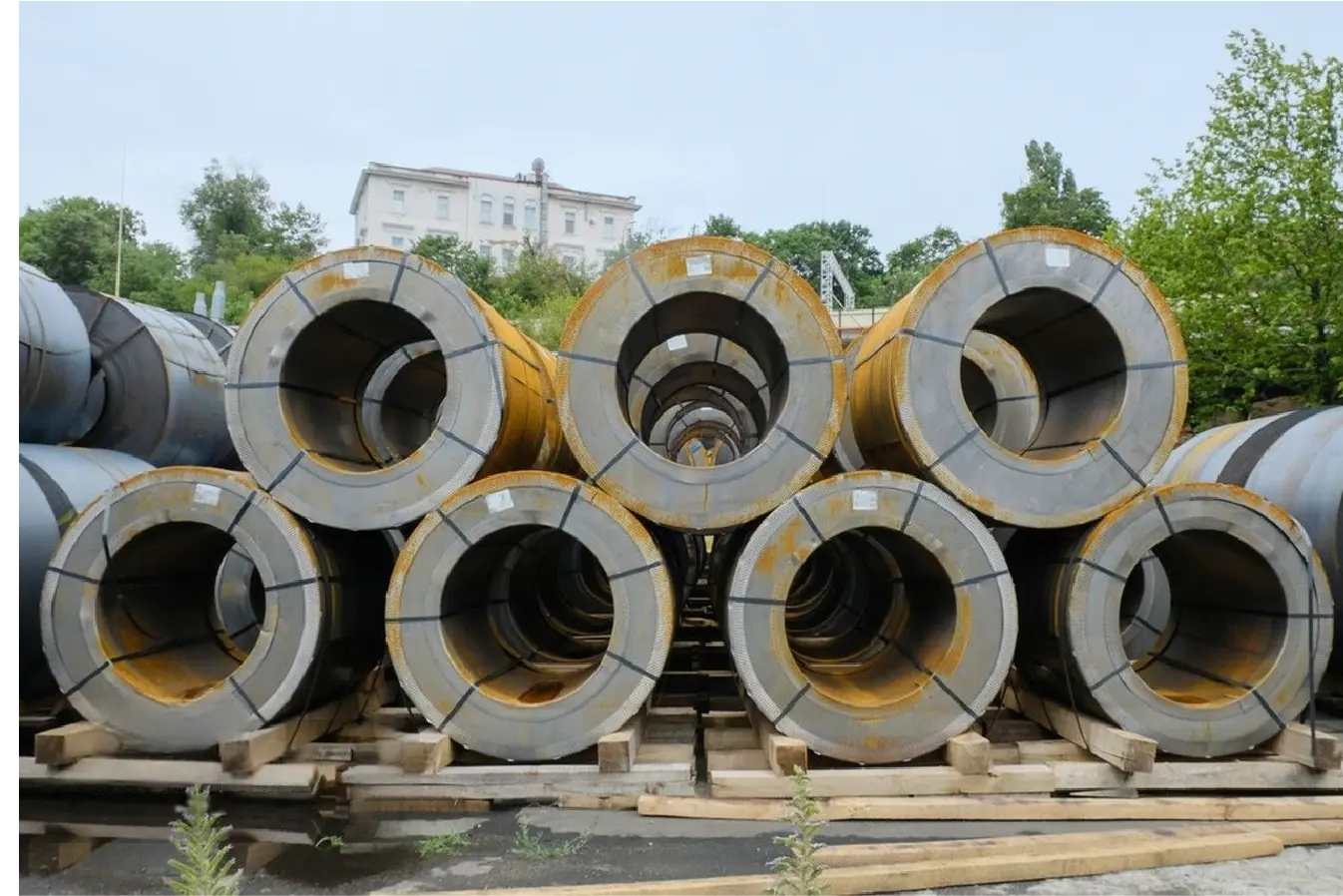
Selecting a supplier should be as rigorous as hiring a key executive. It's a long-term decision with significant consequences. At MFY, we encourage potential partners to look deep into our operations. We are proud of our integrated supply chain, our quality control processes, and our logistics capabilities. We believe transparency is the foundation of trust. When you are evaluating a potential supplier, you need to move beyond the sales pitch and the price list. Ask for evidence. Request quality certifications, ask for customer references in your industry, and inquire about their process for handling disputes or quality issues. A reputable supplier will have clear, professional answers to these questions. They won't just sell you steel; they will offer you a partnership built on reliability and mutual success.
Beyond the Price Tag: A Vetting Checklist
A truly strategic sourcing process involves a holistic evaluation. It’s about assessing risk and long-term value, not just short-term cost. A supplier who can guarantee delivery during a market shortage is infinitely more valuable than one who offers a 2% discount but disappears when things get tough.
The Power of a True Partnership
Look for a supplier who is invested in your success. Do they ask questions about your end product and processes? Do they offer technical advice? A partner wants to understand your business to serve you better. A mere vendor just wants to complete the transaction.
| Evaluation Criteria | Key Questions to Ask |
|---|---|
| Track Record & Reputation | Can you provide references? How long have you been in business? |
| Quality Management | What certifications (ISO, etc.) do you hold? Can we see your QC process? |
| Production & Capacity | What is your monthly tonnage? What is your lead time? |
| Financial Stability | Are you profitable? Can you handle large, long-term contracts? |
| Logistics & Export | What are your shipping capabilities? Do you have experience in our market? |
| Communication | Who is our dedicated point of contact? What is your response time? |
How are Technological Advancements Aiding Stable Supply Chain Partnerships?
Is your supply chain a black box? Lack of visibility creates risk. Modern technology offers real-time tracking and data analytics, creating transparent and resilient partnerships.
Technology like IoT sensors for inventory tracking, blockchain for supply chain transparency, and AI-powered demand forecasting are revolutionizing partnerships. These tools provide real-time data, enabling proactive problem-solving and strengthening trust between businesses and their suppliers.
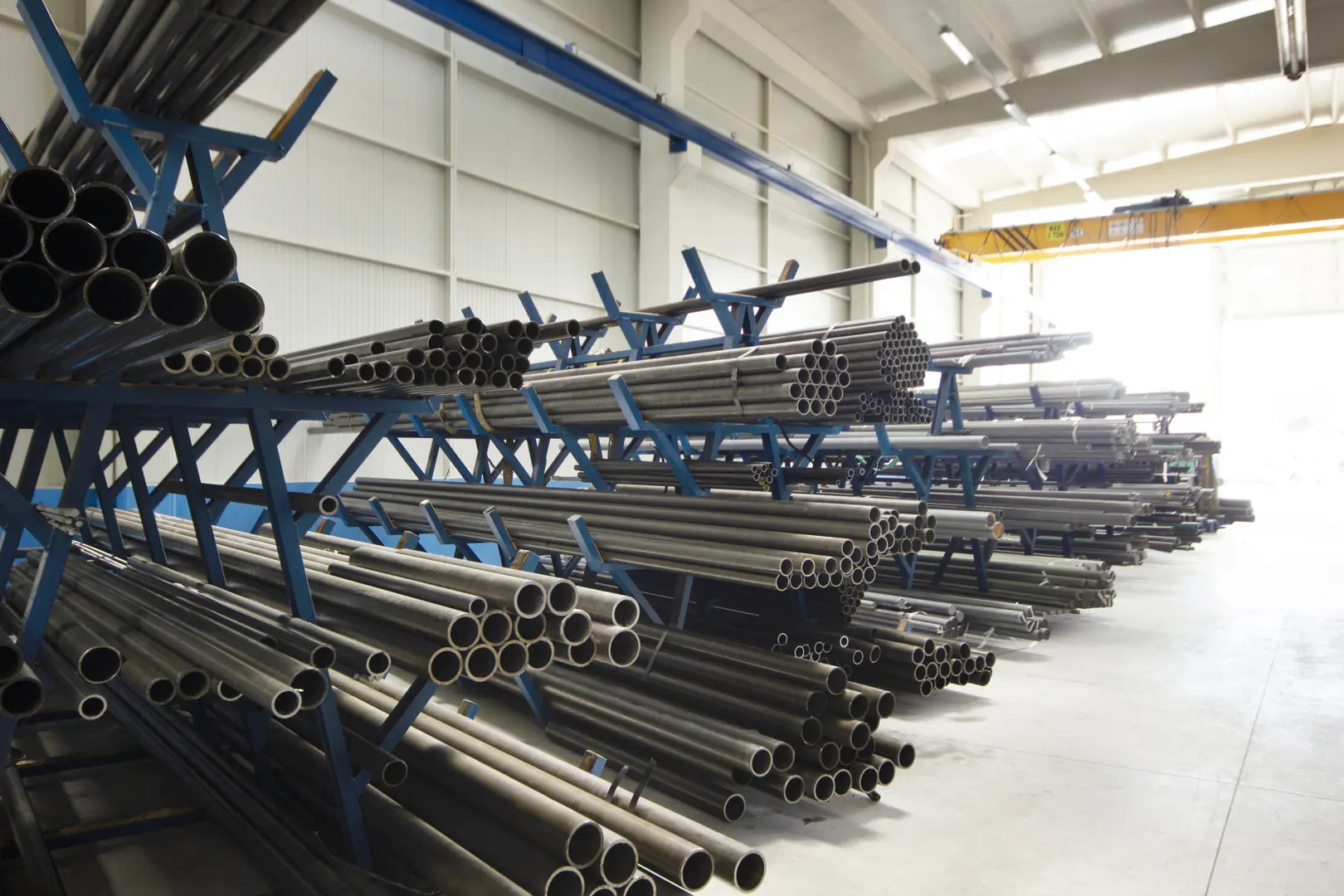
In the past, managing an international supply chain involved a lot of phone calls, emails, and guesswork. Today, technology is changing the game completely. At MFY, we are heavily investing in digital tools to provide our partners with unprecedented transparency. Imagine being able to track your order of stainless steel coils in real-time, from our production floor to the port, all the way to your facility. This is no longer science fiction. By integrating technologies like IoT and shared data platforms, we can move from a reactive relationship to a proactive one. If there's a potential logistics delay, we both see it at the same time and can work together on a solution before it becomes a problem. This level of transparency builds incredible trust and transforms the supplier-client dynamic into a true operational partnership.
From Guesswork to Data-Driven Decisions
AI and machine learning are helping us and our clients forecast demand with much greater accuracy. By analyzing historical data and market trends, we can anticipate needs and adjust production schedules accordingly. This reduces the risk of stockouts for our clients and allows us to manage our own resources more efficiently, creating a win-win scenario.
Building Trust Through Transparency
Technologies like blockchain are also emerging as powerful tools for ensuring traceability and authenticity. A shared, immutable ledger can track a coil from its raw material origins all the way to the final product, verifying its quality and specifications at every step. This is the future of quality assurance and a powerful way to build unbreakable trust in a global supply chain.
| Technology | Supply Chain Benefit |
|---|---|
| IoT Sensors | Real-time inventory levels and shipment tracking. |
| AI / Machine Learning | Predictive demand forecasting and optimized logistics. |
| Cloud-Based Platforms | Shared visibility, streamlined communication, and documentation. |
| Blockchain | Enhanced traceability, fraud prevention, and quality verification. |
Conclusion
In today's volatile market, your choice of a stainless steel coil supplier is a strategic decision. Prioritizing reputable partners who offer reliability, quality, and transparency is not a cost—it's an investment in a resilient, competitive, and stable supply chain for the future.
Have Questions or Need More Information?
Get in touch with us for personalized assistance and expert advice.
